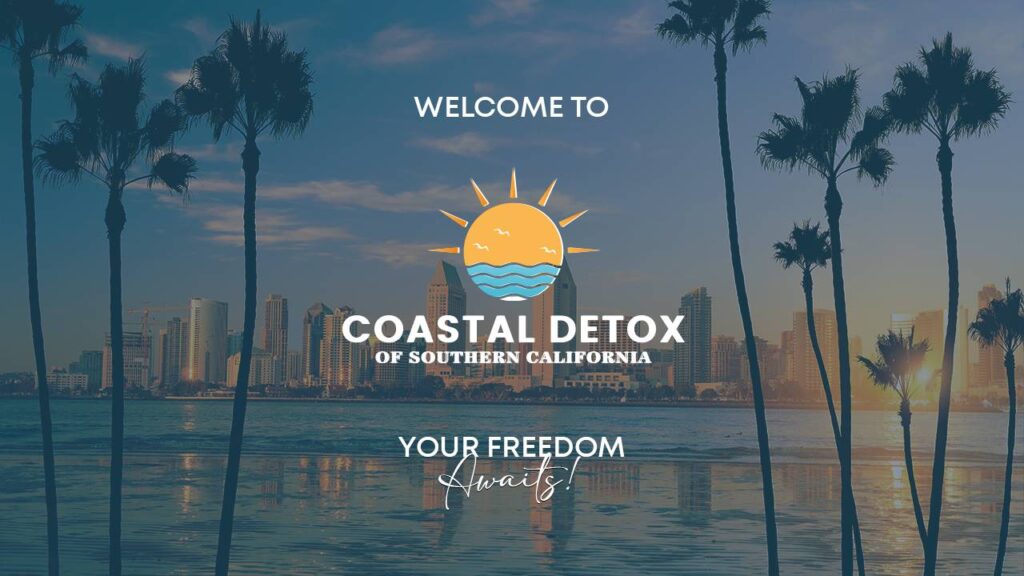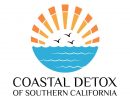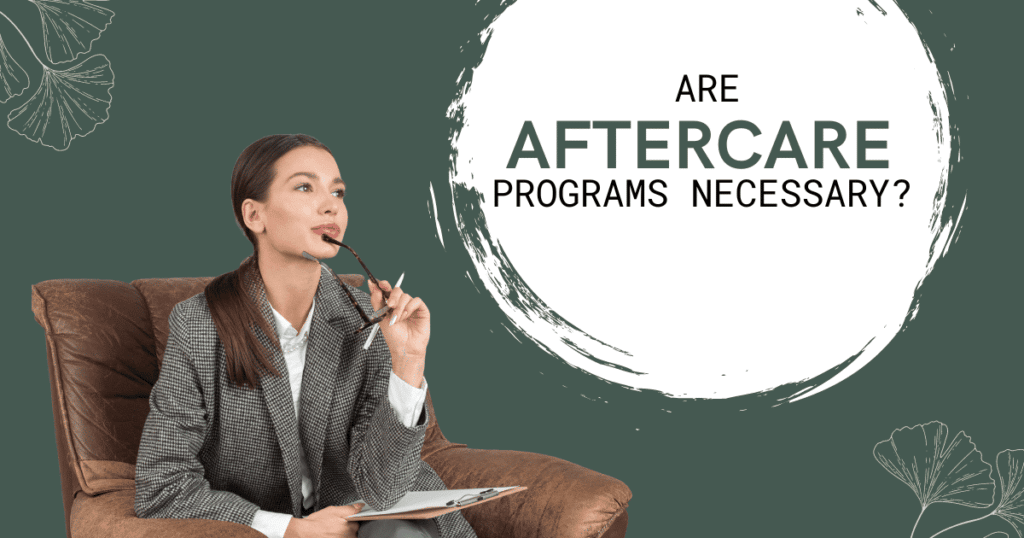In addiction treatment and recovery, you’ll often hear about aftercare programs and planning as soon as treatment begins. Whether someone is getting addiction treatment on an inpatient or outpatient basis, aftercare planning is critical as soon as they go to the treatment facility or rehab facility or begin their program.
Treating Addiction
Addiction is a chronic condition but is treatable with ongoing care and therapy. We don’t typically say there’s a cure for addiction, but instead that it can be managed or put into remission, which is recovery. In part, the fact that it’s chronic also means that relapse can be part of the disease of addiction.
Relapse isn’t inevitable, but it is common. Relapse doesn’t mean treatment or the individual failed, but it does mean that their treatment plan may need to be revisited, according to the Mental Health Services Administration. The goal of any addiction treatment program is to improve long-term rates of abstinence and reduce the likelihood of a return to drug or alcohol use.
Aftercare programs can help reduce the risk of relapse. Rather than someone completing their treatment program, aftercare programs help to give them a stable foundation from which to re-enter their daily lives. Life is full of stress and triggers for people in addiction recovery. Aftercare programs and plans connect people to resources, therapists, 12-step support groups, and other things in their communities to help them stay strong on their recovery journey as they transition to everyday life.
The answer is yes when asked whether addiction aftercare support programs are necessary. These are a way to create sustained participation in ongoing treatment and the recovery community. They can be one of the most important parts of a comprehensive treatment plan for people in recovery, and we explore more about what they are and how they work below.
Understanding the Risk of Relapse
When someone achieves sobriety, meaning they aren’t using drugs or alcohol, that’s a major milestone and accomplishment.
Addiction recovery involves a lot more than sobriety, though. Someone can get sober and go through detox and even a treatment program, but when they return to daily life outside of that treatment, they face real-life stress, like financial problems, work issues, and relationship troubles. All of these are things that can raise the risk of relapse.
Around 10% of the population in the U.S. struggles with addiction, according to the National Institute On Drug Abuse. Relapse rates for people with addictions to drugs or alcohol can be as high as 60%. Relapse rates decrease significantly when patients have an aftercare plan or participate in an aftercare program.
What Is an Aftercare Program?
Learning how not just to be sober but be in recovery and live a fulfilling, self-directed life is a process. There’s not one specific point that you reach where you’re recovered. It’s an ongoing journey in your life. As soon as you stop using drugs or alcohol, this journey begins.
- Aftercare is what someone might do to stay sober, often after they’ve completed a formal treatment program.
- Aftercare is a way to learn how to manage stress and deal with triggers. Along with relapse prevention, these programs may address other needs an individual has, such as helping them connect with recovery housing and recovery community centers, providing them information about online groups, and helping them establish a safe home, meaningful daily activities, and an income.
- These programs can help a person learn and put into action new coping skills, rebuild relationships, and find a sense of purpose in their life.
An aftercare program is often part of a continuum of care. In addiction treatment, a continuum of care means that someone participates in varying levels of care throughout the early days of their recovery process.
- On the road to recovery, a person might start their initial treatment with inpatient programs.
- Inpatient programs are residential, requiring the patient to live onsite for a period.
- These are around 90 days of treatment on average but can be shorter or longer depending on the person and their needs. Inpatient treatment will include all-day counseling sessions. A therapy session might occur in an individual setting, and group therapy is often part of inpatient treatment.
- Along with behavioral treatment and behavioral therapy, inpatient rehab might include holistic care approaches such as art and music therapy.
Once someone completes inpatient treatment, they might move into a lower level of care on the continuum, such as an outpatient or intensive outpatient program. Someone might begin their aftercare or relapse prevention plan if there’s a successful transition.
Throughout continuity of care practices, modifications to treatment are made as needed.

What Types of Aftercare Programs Are Available?
If a person goes to a formal treatment program, their team should create a specific plan for them after they leave treatment. Even if someone doesn’t go to treatment but stops using drugs or alcohol on their own, they can incorporate elements of specific aftercare programs into their lives. Types of aftercare programs include:
12-Step Programs
12-step groups include Alcoholics Anonymous, Narcotics Anonymous, and others. These groups are free, and anyone can participate. They help you build a social support system in your recovery, share experiences and provide support to others. 12-step programs can be essential to relapse prevention because they’re accessible and help people stay committed to recovery. They provide structure as well. Unstructured time, especially early in recovery, can lead to cravings. You can find a sponsor at a 12-step meeting who is a person who can hold you accountable and help you through challenges in your recovery.
Other support groups and self-help programs
12-step programs like Alcoholics Anonymous are the most well-known support and recovery groups, but some people don’t like this format for many reasons. There are alternatives to 12-step programs for people in recovery, such as SMART Recovery, which doesn’t include a religious or spiritual element. SMART Recovery is focused on self-empowerment to overcome a substance use disorder. These are also self-help meetings that can help you commit to abstinence from drugs or alcohol.
Sober Living
For some people, especially with a very severe addiction, or perhaps without a stable home environment to return to, a sober living house may be part of aftercare. These are also called recovery houses and halfway houses, and residents agree to remain sober and follow certain rules. Sober living homes are a good transitional step because residents can begin working and maintaining other daily responsibilities, but they have a structured, stable environment to return to.
Therapy
Continuing to participate in therapy with a qualified treatment provider is one of the best things someone can do to maintain and strengthen their recovery from a substance use disorder. Working with a clinician in individual sessions can help someone build on their work during treatment. It’s a good way to ensure you continue treating underlying mental health conditions. Along with individual therapy, a plan for aftercare following drug or alcohol rehab might include group therapy and family therapy. If you take medication, this can be managed by working with a provider in your community. Cognitive-behavioral therapy is often used in an aftercare plan, but other therapeutic care approaches are also available.
Telephone-Based Continuing Care
More and more teletherapy is being integrated into the long-term treatment of alcohol dependence or drug addiction. This may be part of acute care or a follow-up to in-person acute care to increase drug and alcohol abstinence rates.
Dual Diagnosis Support Programs
Often someone with alcohol or drug use disorders will have a co-occurring mental health disorder. A dual diagnosis support program provides treatment and care for co-occurring disorders.
Case Managers
Some addiction treatment programs will connect patients with case managers from the treatment team, who will continue to check in with them after they leave treatment.
Social Services
There may be resources you need access to after treatment or when you’re beginning your recovery. You might need vocational support to find a career or help to find housing. You could need legal guidance or to connect with social services providers in your community. If someone is younger, their aftercare plan might connect them with a school program or a way to continue their education to earn professional credentials.
The Purpose of Ongoing Support
If someone were to stop using drugs and alcohol but immediately jump back into their old life, they’d likely encounter many obstacles.
The goal of recovery is to build a life you feel engaged in and proud of, which doesn’t happen overnight, it takes time and patience, and aftercare programs can help with that. Rather than throwing yourself back immediately into a new routine, you can take steps gradually, as you’re ready.
Getting Started with Addiction Treatment in San Diego
One of the final steps of treatment is aftercare, but recovery usually begins with Detox. The process of ridding your system of drugs and toxins in a safe environment is the fundamental foundation of a full recovery.
To learn more about one of the most comprehensive detoxification programs available in the San Diego area, reach out to the team at the Coastal Detox of Southern California, by calling 858-293-5301 today!









